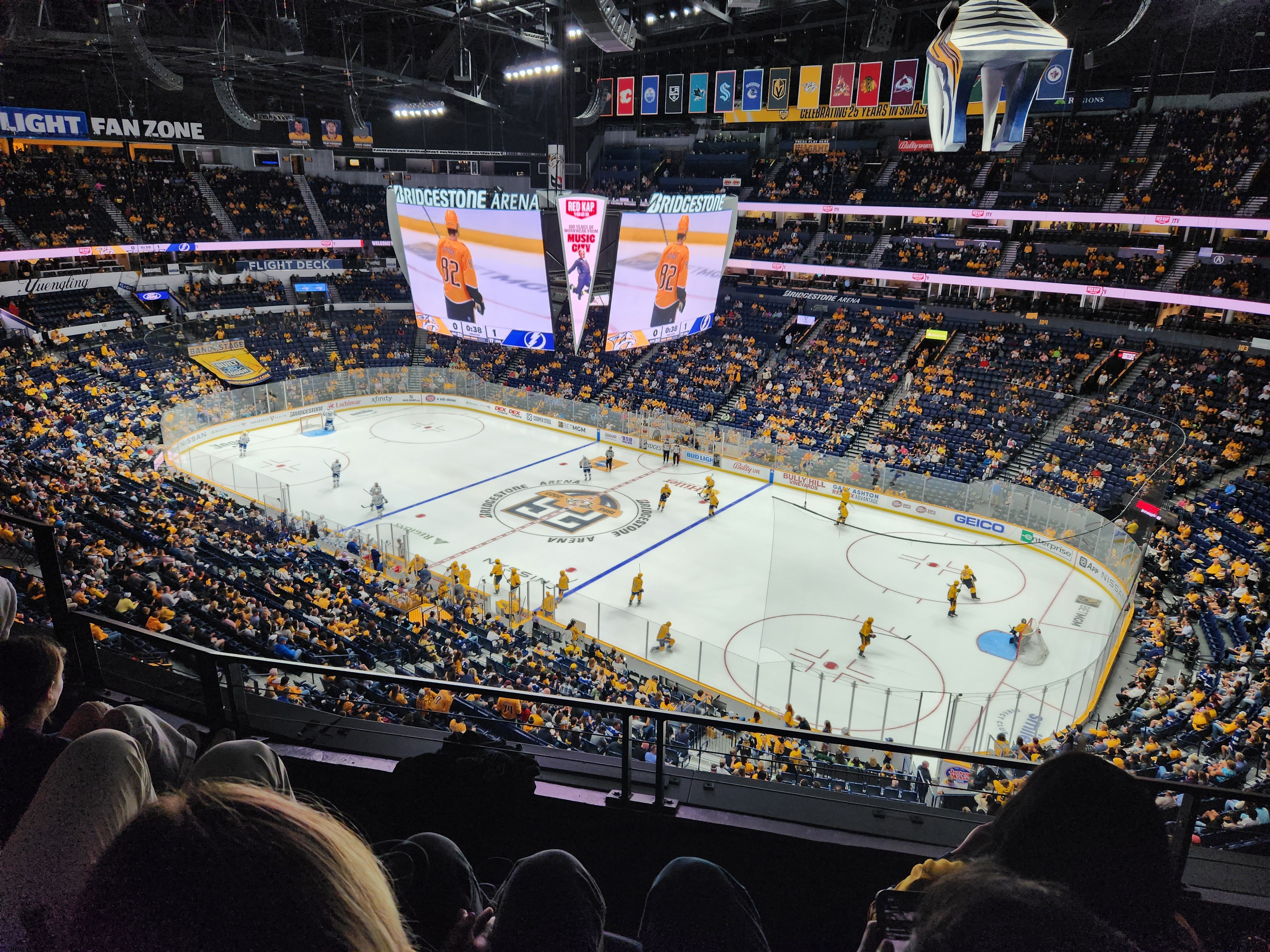The main issue is distance (and speed), not time. Your far less likely to be in a fatal car crash (or crash out any kind) in slow-moving city traffic jams vs driving from your rural house to your job in the next small town doing 85 mph on a 2-lane highway, which is the scenario a lot of folks in rural areas have every day
pwnicholson
Sad things, tragedy, and death are not the same as evil.
Without answering the question here, just wanted to point out that it's a different question, so don't try to apply the answers to one question to the other question.
You're talking about 'the problem of suffering' not 'the problem of evil'
Half-life.
Pretty sure an organization like Pew knows how yes l to handle the most basic challenges with polling (self-selection bias of those who answer polls). There are validated, proven ways to address those issues with a large enough sample size and specific methods for how and who they poll.
I ate it left a lot to be desired, but if you think Secret Invasion is the worst TV show in Disney+, you haven't scrolled through much of it's catalog.
I've always thought Secret Invasion could probably be cut down to a decent 2 hour movie. I wonder if it started out that way and got stretched into a series later.
As a photographer and the spouse of a writer, they are making massive profits off of a product that wouldn't exist if they didn't train it. By the very way the technology works, there's a little bit of our work scattered in everything they do. If I included a sample of a piece of music in a song I recorded, or included a copyrighted painting in the background if a movie I was making, is would have to get a license. Why is this any different?
They should have done something more like a commodity license as it exists in music:
The composer of a song cannot prevent a new artist from recording a cover of their music if it has been previously released. The original composer is legally forced to grant them a license (hence "compulsory license"). But that license is at a pre-negotiated minimal rate. The new artist is free to try to negotiate a lower rate if the composer agrees. But the original composer can't stop the new artist from recording a cover. And the new artist has to pay them for it.
Unfettered access is granted and the composer gets their share. Win-win.
That's disappointing to say the least. I'm sure there will be a few more lawsuits as big publishers like Disney try to get their share of the pie.
Airplanes for sure. If solar gets crazy efficient, that will help. But with other fuels the plane gets lighter and more fuel-efficient as it flies. With batteries, the plane is just as heavy when it landed as when it took off.
There are some really interesting companies working on hydrogen for planes though, which might be the one sector that could really make that work and has good incentives to do so.
Great podcast episode about that here
https://www.everybodyinthepool.com/items/episode-8-transcript%3A-what-if-planes-only-emitted-water
For ships, they used to be wind powered (sails) and some are going back there again, at least for wind-assisted hybrid kind of models. Throw turbines on there and you can even "sail" into the wind while recharging a bit. It's also less weight sensitive than airplanes for obvious reasons, so batteries aren't immediate nonstarters.
The 'pirating' news from a couple of months ago was Meta, specifically. But I'm sure Anthropic did some too.
The issue I've always had wasn't that they didn't own a copy to read/reference. It's that they're effectively creating derivative works from that content, which they haven't licensed for that use.
According to my understanding of copyright law (IANAL but I took a few IP law classes on in college) every author whose work was fed into that beast could have an argument that they share copyright in the derivative work that comes out of it.
"The Secret Life of Walter Mitty" (2013 version) is beautiful and thoughtful. Completely unlike any other Ben Stiller movie that I know of.
"The Fountain" (2006) might qualify too, though it's a lot heavier.
"Amélie" (2001)
"Hector and the Search for Happiness" (2014) is decent too, though I'm a Simon Pegg fan so it gets extra points for that
The guys who came along years later and were (more) openly about drugs and sex (instead of semi-covertly about it)

Correlation is not causation. They never addressed speed or distance, which are clearly the biggest factors in the chances of fatality and the chances of having a wreck at all (respectively)